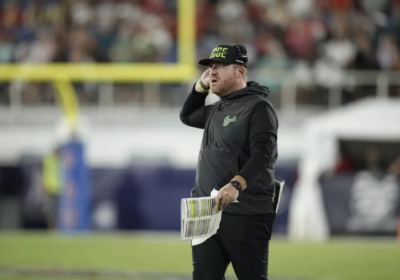School choice is the best choice
The U.S. educational system is often criticized for its failure to fulfill its intentions: to teach. According to Pew Research, in 2015 the U.S. ranked 38th out of 71 countries measured in math and 24th in science. While high graduation rates in the U.S. peaked recently at 84 percent for the 2015-16 class, that is still a full 16 percent of students leaving school without even a high school diploma.
While there are many individual issues and potential solutions within the education system, one clear first step is to create and support educational choice.
The phrase “school choice” encompasses many policy solutions including vouchers for public and private educational institutions as well as public school choice. All of these would be effective at giving students an opportunity to go to the schools that would best help them succeed.
From a public school standpoint, tying students to a school based on their zip codes is practically a punishment. It encourages segregation and exacerbates disparities in resources. As long as neighborhoods remain segregated and property tax dollars remain the predominant form of school funding, American education will never offer parity.
In 2017, the U.S. Partnership on Mobility from Poverty found that the average white person in America lived in a neighborhood that is 75 percent white and 8 percent African-American. In contrast, the average African-American lives in neighborhoods that are 35 percent white and 45 percent African-American. If we truly want to integrate our institutions, people should be able to move freely between the available public schools.
Another viable solution, actively offered in the state of Florida, is school choice vouchers. These vouchers allow low-income families to receive money to send their children to charter and private schools. For many, it is the difference between getting lost in the system and having a viable chance at graduation and further education.
The Wall Street Journal reported that in the 2018 Florida gubernatorial race, more 100,000 “school-choice moms” voted for now-governor Ron DeSantis (R) over the risk that they would lose their vouchers if Tallahassee Mayor Andrew Gillum (D) won. “School-choice moms” are defined as Democratically registered, minority women. These numbers match the CNN exit poll showing that black women voted for DeSantis at rates of 18 percent while black men voted for DeSantis at rates of 8 percent.
Education is an issue that almost universally defines opportunity, especially as labor outsourcing and automation eliminate jobs that Americans with less education could previously work. Open up our school markets and make where you go to school a choice. Zip codes should not define people’s futures.
Aida Vazquez-Soto is a senior majoring in political science and economics.







